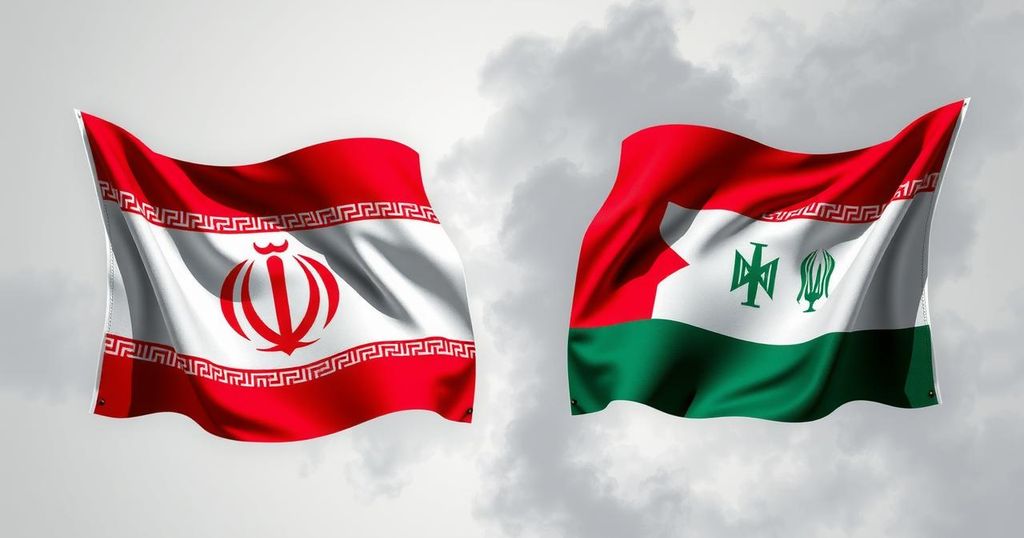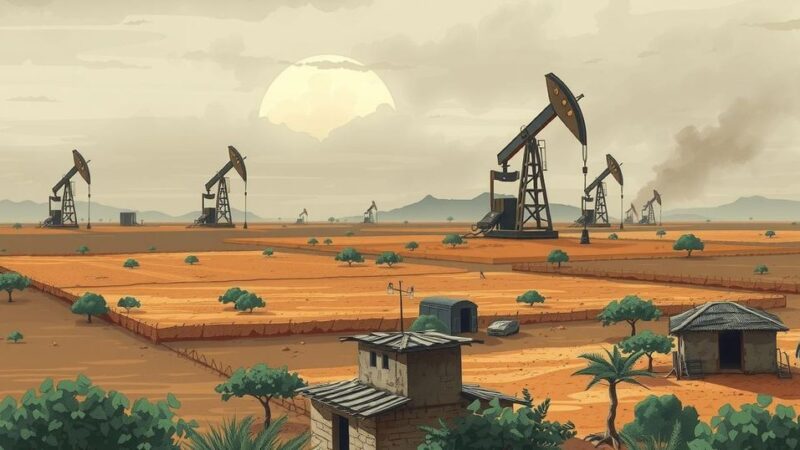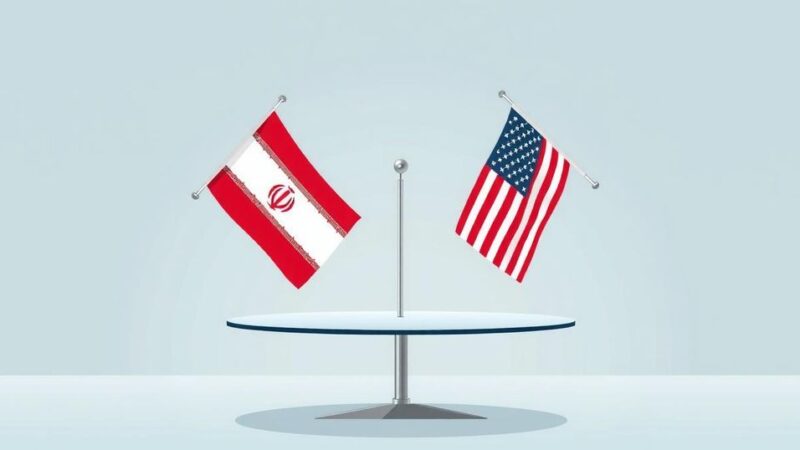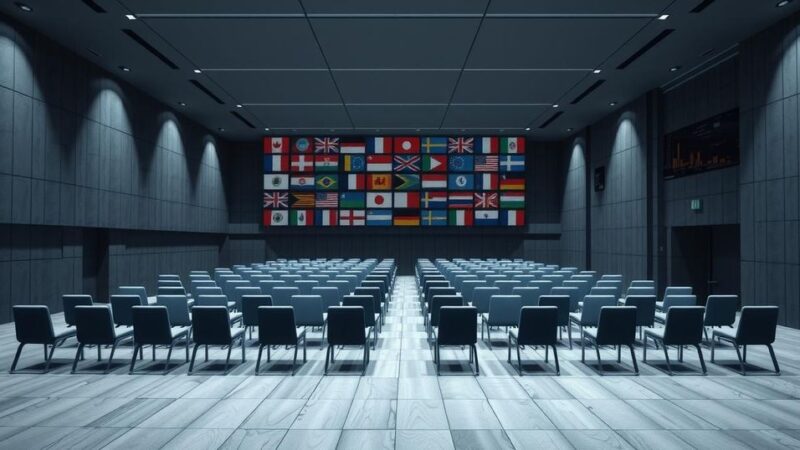Iran and Oman held talks focusing on the necessity for Syria’s territorial integrity and the formation of an inclusive government. Iranian Foreign Minister Abbas Araghchi and Omani counterpart Badr Al Busaidi highlighted the challenges facing Iran’s regional influence amidst ongoing conflicts. They affirmed their commitment to enhance bilateral relations and maintain Syria’s sovereignty amid evolving geopolitical dynamics.
On Monday, both Iran and Oman underscored the importance of maintaining Syria’s territorial integrity and advocated for the establishment of an inclusive government, particularly by the rebels led by Hayat Tahrir Al Sham (HTS), who played a significant role in the ousting of Bashar Al Assad’s regime. Iranian Foreign Minister Abbas Araghchi hosted Omani Foreign Minister Badr Al Busaidi in Tehran for discussions that encompassed bilateral relations and ongoing developments in the region, specifically the war in Gaza and situations in Syria and Yemen.
During a joint press conference, Mr. Araghchi expressed, “We had a detailed discussion on Syria, and we agree on preserving territorial integrity, respecting all ethnicities and religions, and the formation of an inclusive government.” Mr. Al Busaidi reaffirmed this stance by stating that their meeting highlighted “the policy of maintaining the independence and territorial integrity of Syria and the sovereignty of this country.”
Recent events have placed Iran’s “Axis of Resistance”, a coalition of anti-Israel militias, in a precarious position. The coalition has been witnessing substantial challenges, particularly with Hamas’ severe losses during the ongoing conflict in Gaza and the assassination of its leaders in Tehran and Gaza. Furthermore, Israel’s actions have led to the deaths of key Hezbollah figures, coinciding with the weakening of Assad’s regime in Syria.
Oman continues to serve as a crucial intermediary between Iran and Western nations regarding the contentious nuclear program. Mr. Araghchi acknowledged the value of Oman in these dialogues, stating, “We have always appreciated our Omani friends,” and clarified that no specific messages were relayed during this visit. Instead, he indicated ongoing communication with the U.S. through the Swiss Embassy when appropriate. In response, Mr. Al Busaidi, who is leading a comprehensive political and economic delegation, characterized the ties between Iran and Oman as “historical,” committing both nations to enhance cooperation in various sectors.
The ongoing conflict in Syria and the intricate geopolitics of the Middle East have compelled Iran and Oman to collaborate on maintaining stability in the region. Following the civil unrest leading to the ousting of Bashar Al Assad, the dynamics have shifted significantly. Iran, a staunch ally of Assad, is now reassessing its influence in light of recent setbacks within its coalition against Israel, known as the “Axis of Resistance.” Oman, valued for its mediating role in regional affairs, has been instrumental in fostering dialogue between Iran and Western countries, especially concerning Iran’s controversial nuclear aspirations. As the situation evolves, the emphasis placed on Syria’s territorial integrity and the creation of an inclusive government signals a strategic pivot towards addressing long-standing divisions among the numerous ethnic and religious factions within the nation. Through these discussions, Iran and Oman aim to stabilize the region and explore avenues for enhanced bilateral cooperation, reflecting their interdependence in navigating complex regional challenges.
In conclusion, the discussions between Iran and Oman reflect a shared commitment to fostering stability in Syria by advocating for an inclusive government while preserving the nation’s territorial integrity. The continued unraveling of Iran’s Coalition, alongside the geopolitical complexities of the region, necessitates such diplomatic engagements. Oman’s role as a mediator further underscores the importance of collaboration among regional powers in addressing the challenges posed by surrounding conflicts, thus paving the way for potential advancements in diplomatic relations.
Original Source: www.thenationalnews.com






